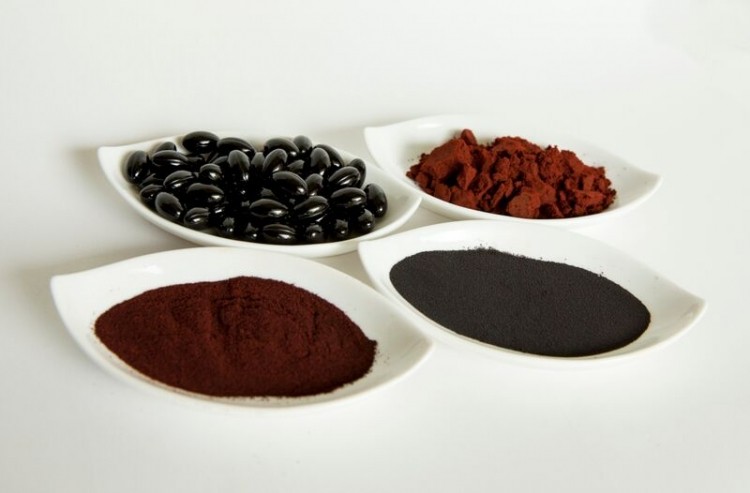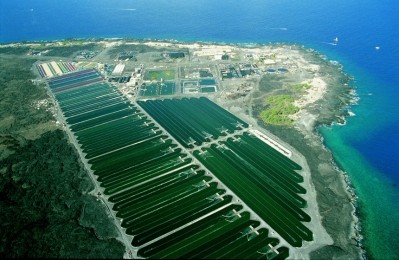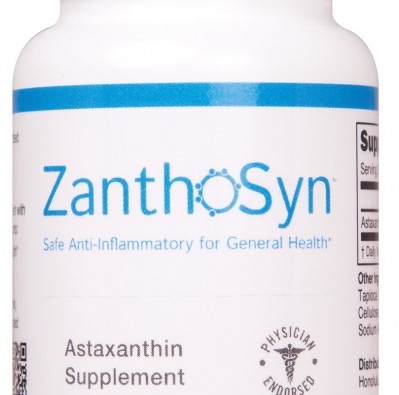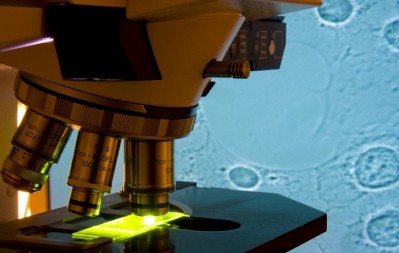NAXA verification seal starting to gain marketplace traction

The seal, which verifies that the astaxanthin in the bottle is in fact from the natural source—an extract of Haematococcus pluvialis algae, in other words—was announced last year. Setting up the program took some time, but now the first finished goods that have qualified for the seal are now available for sale.
The first company to go through the process and offer the seal on its labels was Cyanotech, which was hardly a ground-breaking development. Cyanotech is a vertically-integrated manufacturer which grows its own algae at a facility on Hawaii’s Big Island. The company has been transitioning over the past few years from being primarily a supplier to concentrating on making its own brands. And the company was one of the founding members of NAXA, so taking the next step of entering the testing program for its finished goods, while not without merit, was not unexpected.
The other company whose finished astaxanthin products have now been verified is Healthy Origins, an online brand based in Pittsburgh, PA. Healthy Origins uses Israeli supplier Algatechnologies’ AstaPure astaxanthin raw material in its line of astaxanthin offerings.
Starting to achieve critical mass
Scott Steinford, founder of NAXA, said the verification program will now start to bear fruit as more brands complete the process. “We have qualified 12 companies so far and we have several more agreements in process,” Steinford told NutraIngredients-USA.
Steinford said the program up to now has been driven by the suppliers that are the members of his organization. The membership bears the cost (and of course will reap the benefit of greater demand in the marketplace) so that it can be relatively painless for finished goods manufacturers.
“For the brand holder itself there is no expense involved. We pull the product from the marketplace for testing. Having said that there is an issue with putting the seal on the label because there is limited real estate, and going through the process of adding it to labels and changing the labels is a difficult one for a lot of companies,” Steinford said.
Sterioisomer differences the crux of the matter
NAXA began as an effort to differentiate the forms of astaxanthin that are derived from algae from chemically synthesized versions. Synthetic astaxanthin has been on the market for years, primarily as a coloring agent in fish feed that helps to give the flesh of farmed salmon and other fish its healthy looking rosy hue. As the science behind the ingredient’s benefits for human health started to pile up, the synthetic producers started to reposition their products as dietary ingredients for supplements. The natural producers called foul on this development, claiming that all of the science on astaxanthin’s human health benefits had been done on the algal forms. The sterioisomer differences between the natural and synthetic sources meant that it was a bridge too far to borrow the science from one to apply it to the other, the natural producers claimed.
NAXA has been pursuing education programs for astaxanthin overall and the importance of the natural vs synthetic debate. Steinford said that while there is still a long way to go, those efforts are starting to show up in the demand for the verification program.
“I think as the realization and acceptance of astaxanthin grows there is going to be more interest in this program. Consumers are starting to realize that the natural algae astaxanthin is the form that has been in tested in human trials and is clinically effective. There has been a good amount of interest in the marketplace,” he said.
















